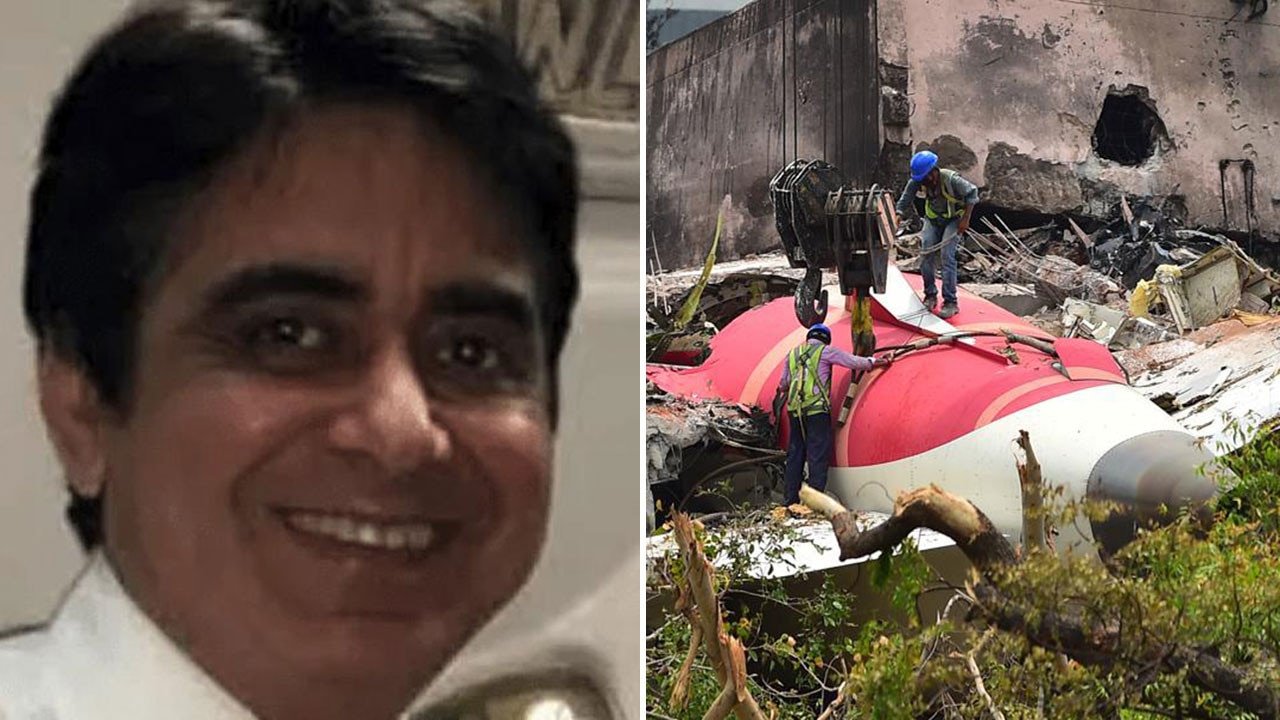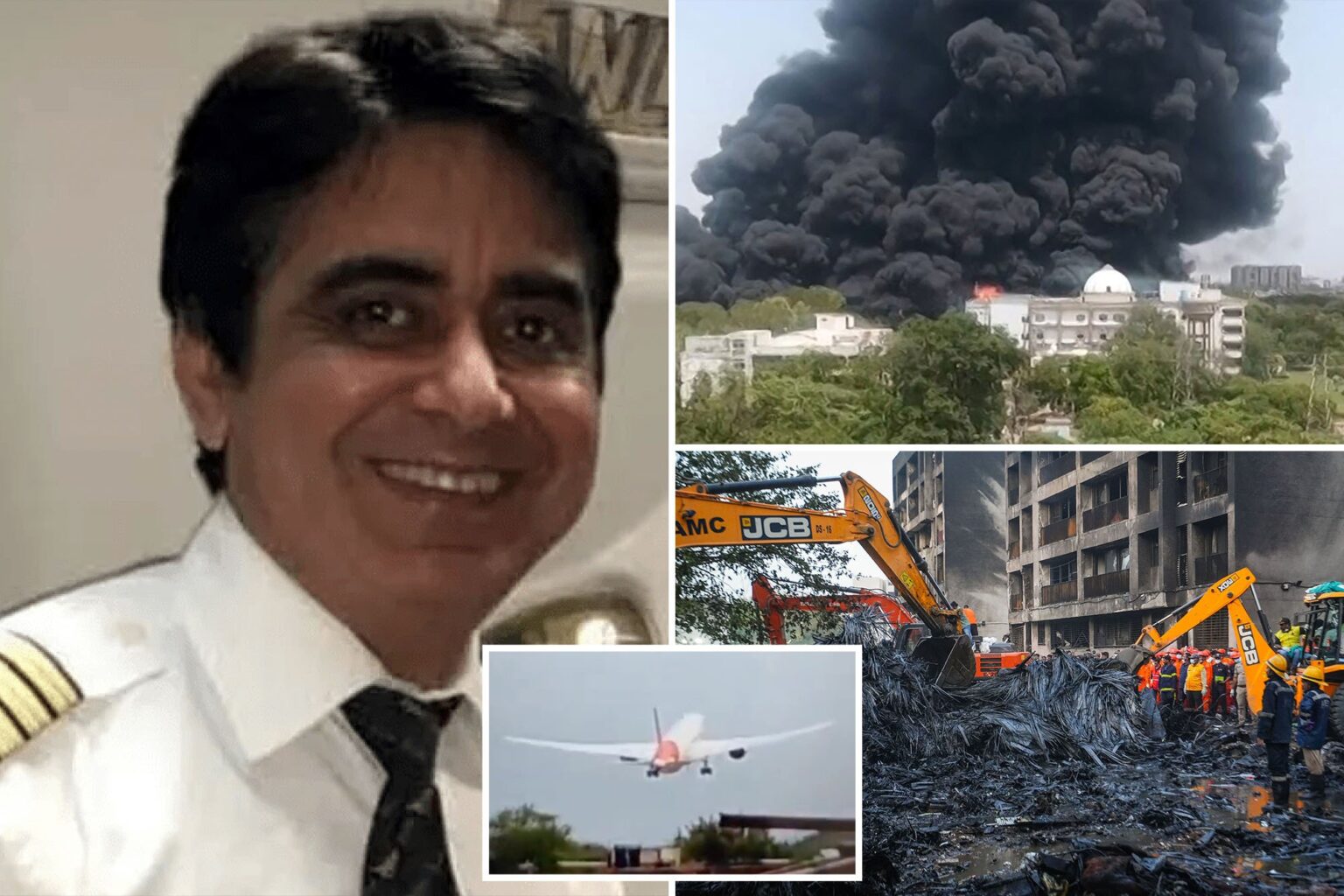As investigators delve deeper into the Air India Flight 171 crash, a worrying trend has emerged.
The pilot’s medical history has raised concerns that he may have been suffering from mental health issues at the time of the disaster.
Captain Sumeet Sabharwal, an experienced pilot with over 15,000 hours of flying time, was piloting the Boeing 787 Dreamliner when it crashed into a residential area in Ahmedabad, killing all but one of the 242 people on board.
According to a preliminary report, switches controlling the fuel flow to the jet’s two engines were turned off shortly after takeoff, resulting in a catastrophic loss of power and the aircraft crashing to the ground.

A Pattern of Mental Health Issues?
The report, coupled with claims that Captain Sabharwal had taken bereavement leave and was suffering from depression following his mother’s death, has raised questions over whether enough is being done to assess and safeguard pilots’ mental health.
This is not the first time mental health has been linked to a tragic aviation incident. The 2015 Germanwings disaster saw 150 passengers killed when their plane crashed into a French mountain.
Co-pilot Andreas Lubitz had a history of depression and was deemed fit to fly, but had been researching ways to end his life and had hidden his sick notes from his employer.
According to aviation psychologist Marc Atherton, the incident highlighted the need for a more comprehensive approach to mental health in the aviation industry.
“It was painfully obvious that the global industry had a very good process around safety for physical risks, for operational risks, and for technical risks, but what seemed to be missing was a coherent approach to the mental health and performance risk of all of the safety-critical groups in the industry,” he said.
The Silent Struggle of Pilots
Surveys of airline pilots have shown that between four and eight per cent have contemplated suicide, roughly in line with the general population.
However, the stigma surrounding mental health issues in the industry means that many pilots conceal their health information or avoid mental health checks out of fear of being put out of work.
A 2022 study found that 56.1 per cent of the 3,765 US pilots who participated in the survey reported a “history of healthcare avoidance behaviour” due to the risk of losing their licence.
As the aviation world grapples with the consequences of mental health issues, one thing is clear: more needs to be done to support pilots and other aviation professionals.
It’s time to break the silence and address the unspoken crisis in our skies.

